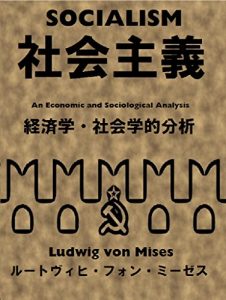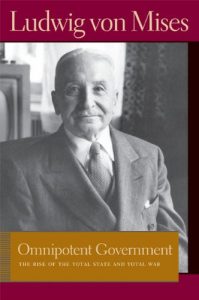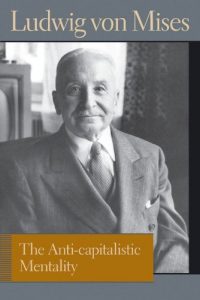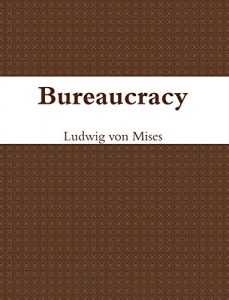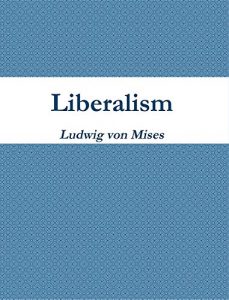In this thrilling essay written in 1945, Mises lays out a theory of social organization in response to the Marxist critique of the free society. He explains that the Marxist view is wrong in its claim that there is a clash of group interests in the market order. He explains the difference between the competition among producers and a Marxian-type struggle. He shows how the relationships between labor and capital are essentially cooperative in that interests coincide over the long run — and so it is with all groups in a free society.
However, he goes further to map out a theory of what he calls castes, which form under interventionist systems. Here the privileged group really does live at the expense of the paying group in a manner that Marx suggests — but with the key difference that it is the state and not the market that makes this possible.
In this way, argues Mises, the state is the cause of social conflict; the more it intervenes in the market order, the more conflict it creates, as taxes, regulations, and legal privileges of all sorts begin to blot out the harmonious relationships that would otherwise exist on the market.
In his introduction, Rothbard explains the central importance of Mises's insight for understanding society and the market, and for providing a sound alternative to Marxian dialectics (which are still pervasive throughout academic departments today). Mises has unlocked many mysteries with this essay.
There does exist a clash of group interests — and it is the state that creates them. The only real resolution is to do away with all forms of statism.
To search for Mises Institute titles, enter a keyword and LvMI (short for Ludwig von Mises Institute); e.g., Depression LvMI
However, he goes further to map out a theory of what he calls castes, which form under interventionist systems. Here the privileged group really does live at the expense of the paying group in a manner that Marx suggests — but with the key difference that it is the state and not the market that makes this possible.
In this way, argues Mises, the state is the cause of social conflict; the more it intervenes in the market order, the more conflict it creates, as taxes, regulations, and legal privileges of all sorts begin to blot out the harmonious relationships that would otherwise exist on the market.
In his introduction, Rothbard explains the central importance of Mises's insight for understanding society and the market, and for providing a sound alternative to Marxian dialectics (which are still pervasive throughout academic departments today). Mises has unlocked many mysteries with this essay.
There does exist a clash of group interests — and it is the state that creates them. The only real resolution is to do away with all forms of statism.
To search for Mises Institute titles, enter a keyword and LvMI (short for Ludwig von Mises Institute); e.g., Depression LvMI

